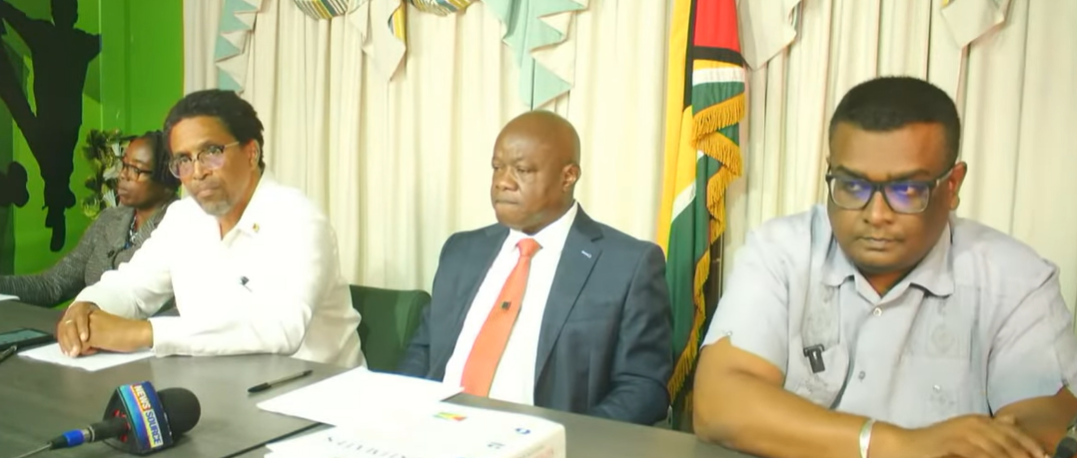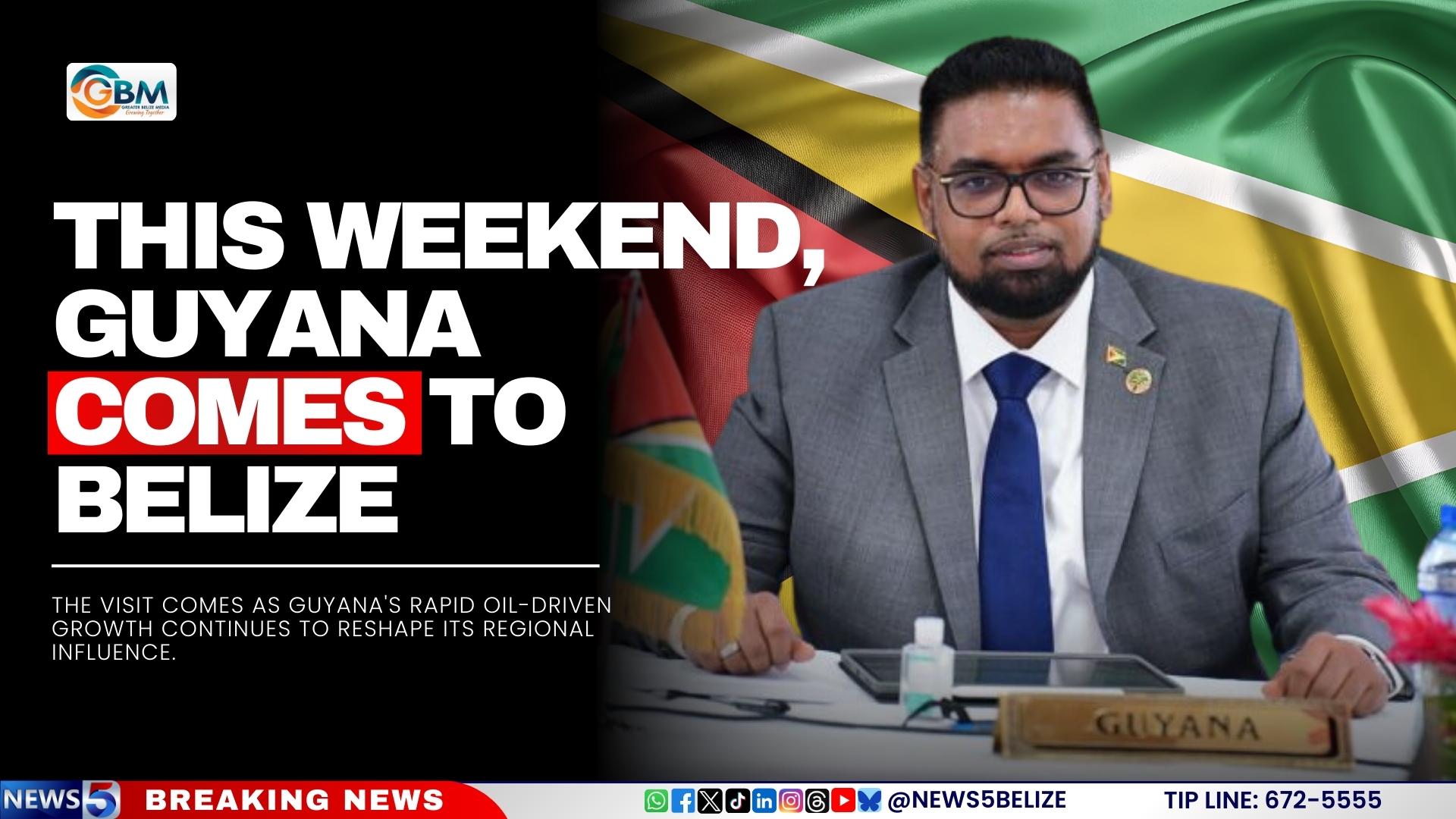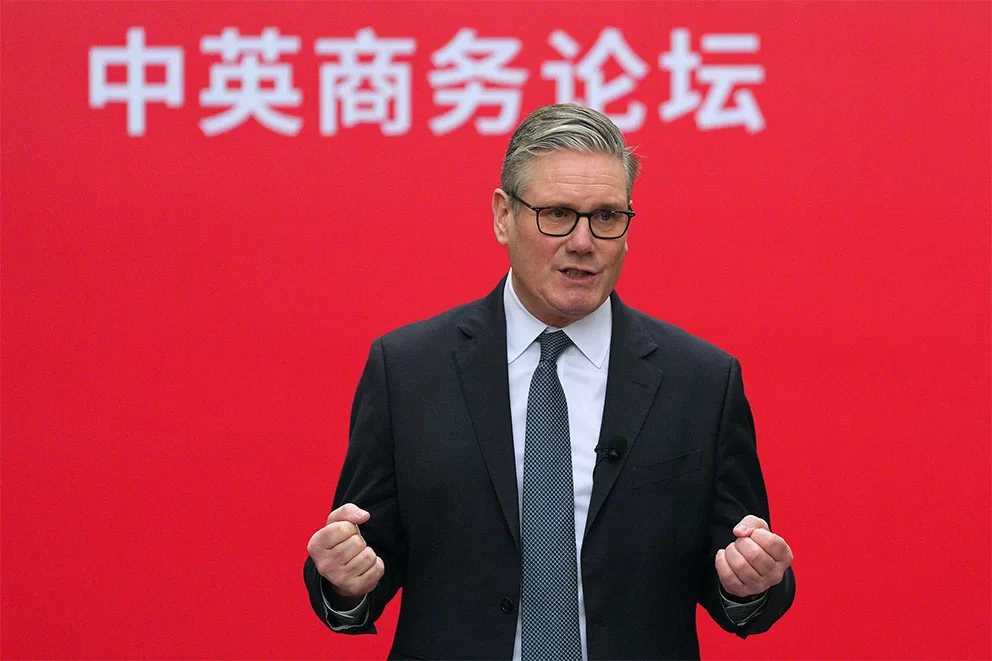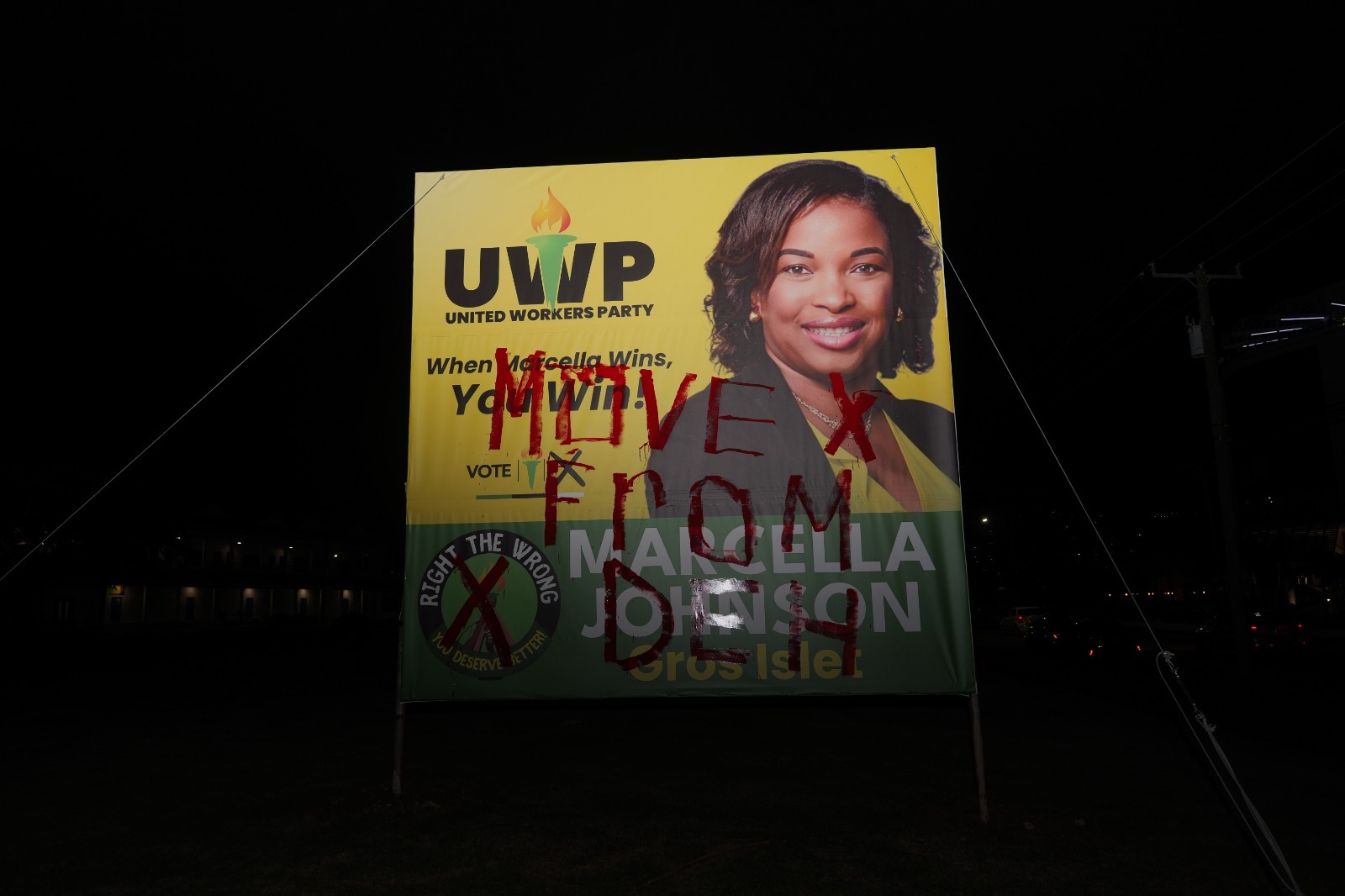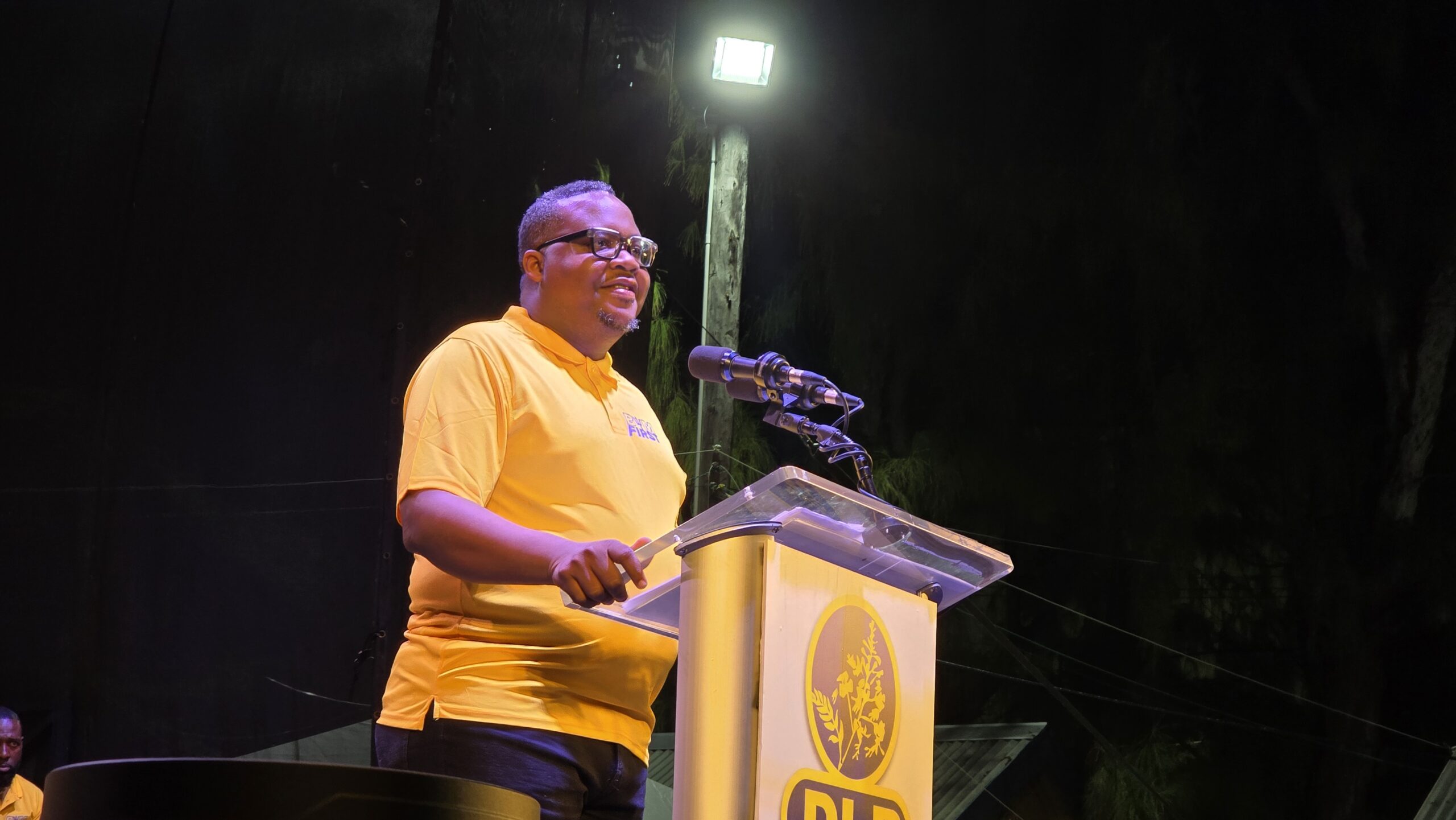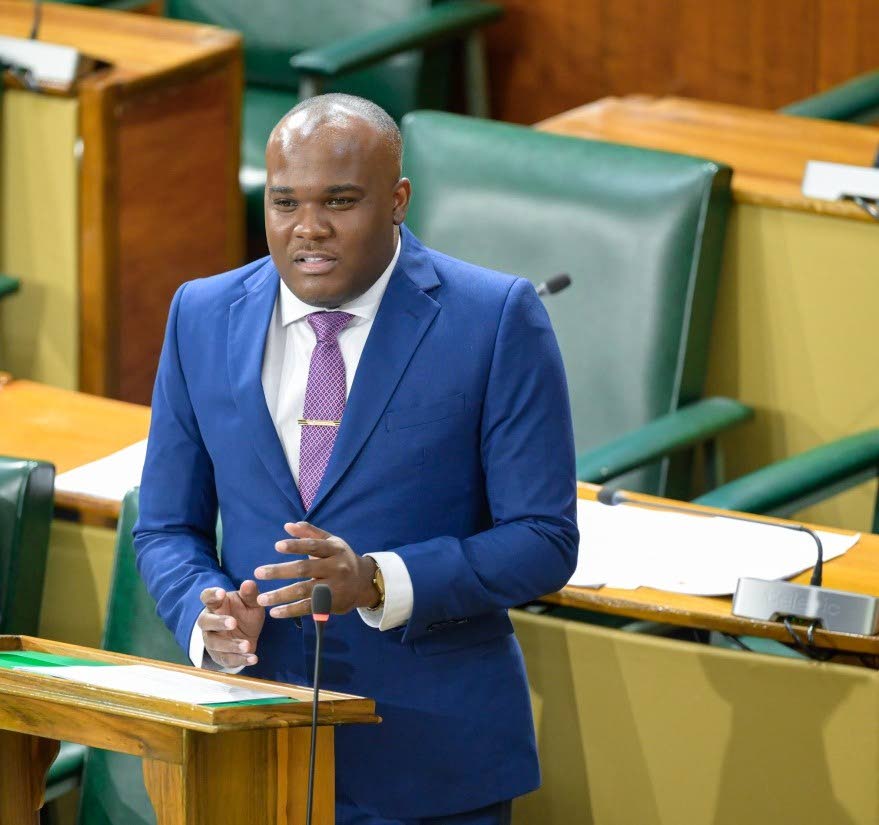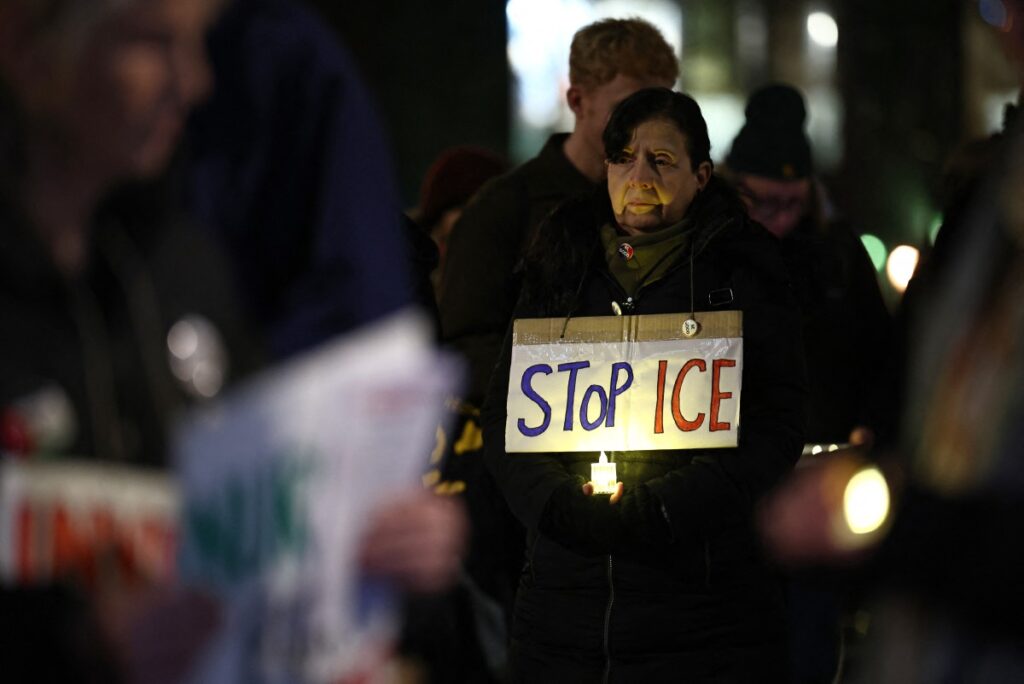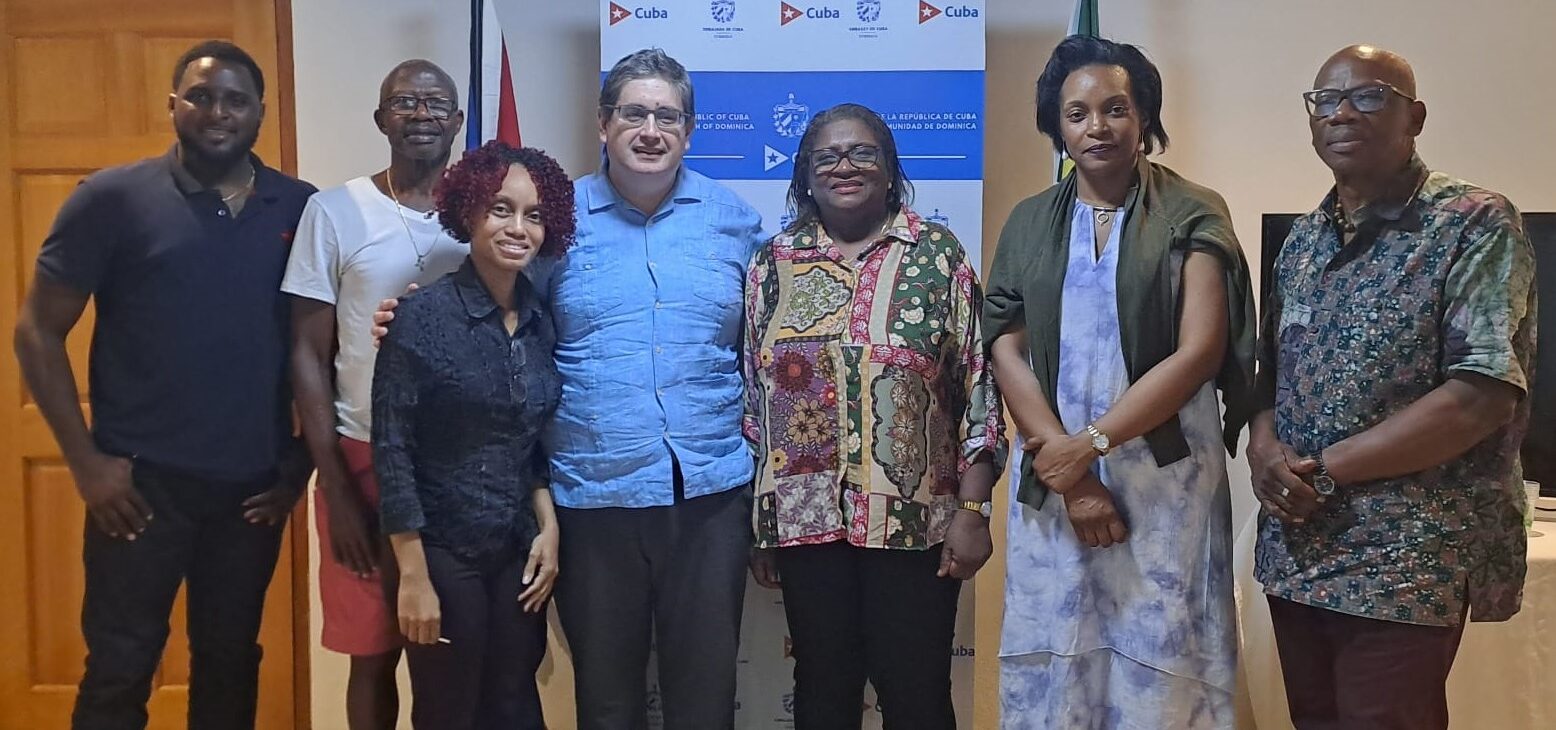The Caribbean Community (CARICOM) is poised to convene its historic 50th Regular Meeting of Heads of Government from February 24-27, 2026, in Basseterre, St. Kitts and Nevis. This landmark summit represents a significant milestone in regional cooperation, bringing together leaders from across the Caribbean basin to address pressing regional challenges and opportunities.
Under the leadership of current CARICOM Chairman Dr. Terrance Drew, Prime Minister of St. Kitts and Nevis, the assembly will operate under the transformative theme “Beyond Words: Action Today for a Thriving, Sustainable CARICOM.” This thematic focus emphasizes the critical need for concrete implementation of regional initiatives rather than mere dialogue.
The comprehensive agenda features multifaceted discussions on climate financing mechanisms, regional food security strategies, enhanced security cooperation, transportation infrastructure development, and the ongoing pursuit of reparations for historical injustices. These priority areas reflect the most urgent concerns facing Caribbean nations in the contemporary geopolitical landscape.
The summit will welcome distinguished international participants, including Saudi Arabia’s Minister of State for Foreign Affairs Adel Al-Jubeir and Afreximbank President George Elombi, signaling CARICOM’s expanding global partnerships and diplomatic reach. Their participation underscores the growing international recognition of CARICOM’s strategic importance in global affairs.
This golden anniversary gathering provides a pivotal platform for Caribbean leaders to consolidate regional integration efforts, strengthen collective bargaining power on the international stage, and chart a coordinated course toward sustainable development and economic resilience. The outcomes of this quadrennial meeting are expected to shape regional policy directions for the foreseeable future, potentially establishing new frameworks for multilateral cooperation and resource mobilization across the Caribbean community.

